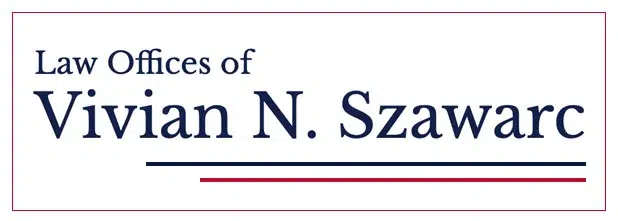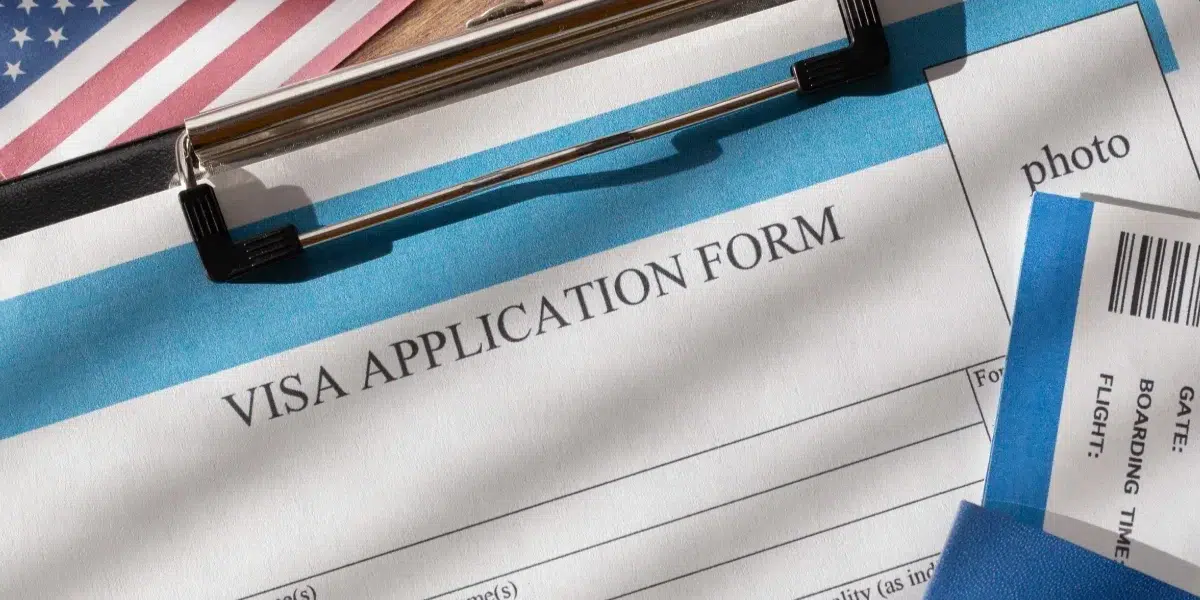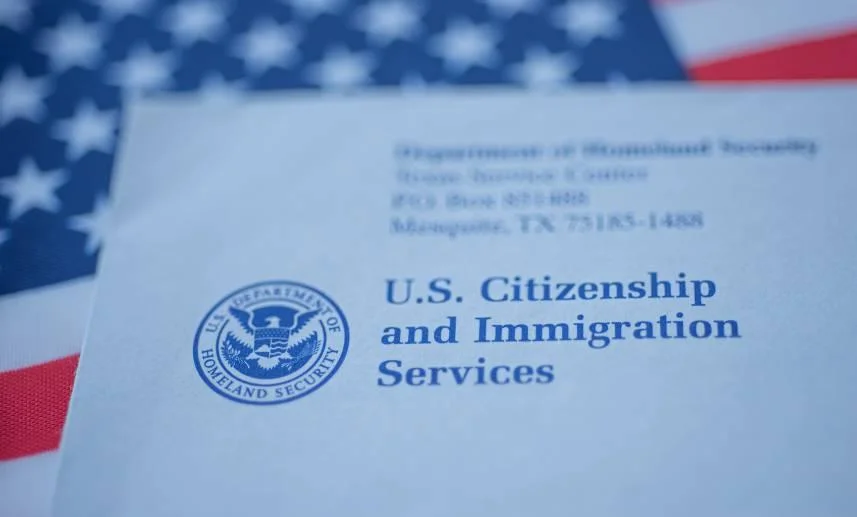FOIA is the acronym for Freedom of Information Act, which in Spanish means Freedom of Information Act. It is a United States federal law that gives anyone the right to access federal government information, except in cases where the information is protected for national security, privacy, or other reasons.
The FOIA Act was enacted in 1966 and has been amended several times since then. The law states that federal agencies must respond to requests for information within 20 business days. If the agency is unable to respond within that time frame, it must inform the requester of the reason for the delay and the estimated response date.
Requests for FOIA information can be submitted in writing, by email, or by fax. Requests must be specific and must indicate the information being requested. Federal agencies may charge a fee for reproduction of information.
The FOIA Act is used for a variety of purposes, including:
- Investigate acts of corruption or government misconduct
- Get information about government policies
- Protect the rights of citizens
The FOIA Act is an important tool for government transparency and accountability. It allows citizens to access information about the functioning of the government and make informed decisions about their representatives.
How long does it take for a FOIA sheet to arrive?
The FOIA Act states that federal agencies must respond to requests for information within 20 business days. However, agencies may request an extension of 10 business days if the request is complex or requires additional investigation.
In practice, the time it takes for a FOIA sheet to arrive can vary. Some agencies may respond within days, while others may take weeks or even months.
If you have not received a response to your FOIA request after 20 business days, you can send a follow-up to the agency. You may also file a complaint with the Department of Justice if the agency does not respond to your request in a timely or appropriate manner.
How can I submit a FOIA request?
To submit a FOIA request, you can use the federal government's FOIA form. The form is available online at the Department of Justice website.
You may also submit a FOIA request in writing, by email, or by fax. Your request must be specific and must state the information you are requesting.
What type of information can I request through FOIA?
You can request any type of information from the federal government, except in cases where the information is protected for national security, privacy, or other reasons.
Some examples of information you may request through FOIA include:
- Government records
- Policy documents
- Government communications
- Government data
What are the exceptions to the FOIA Law?
The FOIA Act has several exceptions that allow federal agencies to deny access to information. These exceptions include:
- National security
- Privacy
- Business secret
- Proprietary information
- Privileged information
If a federal agency denies your FOIA request, you can appeal the decision.
What agencies accept FOIA requests?
All federal agencies in the United States accept this request. However, the main agencies that have records related to immigration are:
- customs
- Border protection
- The Immigration Border Review Office
- Immigration and Customs Control Service
- United States Citizenship and Immigration Services
Additionally, there are other agencies that may also be related to immigration matters.
Are there fees to submit a FOIA request?
Initially, you do not have to pay any fee to submit the application. However, the FOIA allows each federal agency to recover some fees. This is because they take up work time to make copies and search for the proper records. It is rare for these agencies to charge for the number of applications they receive, making it an excellent benefit offered by the federal government.
What are the benefits of hiring an attorney to help me with a FOIA request?
If you accessed the legal services of an experienced attorney to submit the FOIA request, the professional will help you with:
- Complete the applications correctly.
- Review the results of your records once they are available.
- Receive advice to approve your immigration interview.
You may have to pay a fee for these services; However, this can be an advantage when you are applying for United States residency or citizenship.
How long can I wait to receive a response regarding my FOIA request?
Most agencies operate in an organized manner for the benefit of applicants, therefore they review applications in the order in which they receive them. Response time may vary if the request the applicant has submitted is very complex. For example:
Requests considered complicated involve a large number of documents in multiple locations, which can contribute to increased response time. You should also take into account the working hours of each agency, the experience of the staff providing the service, and the number of requests the agency handles. All of this can cause a request to be processed more slowly.
Who can make a FOIA request?
In general terms, any individual, whether citizen or not, has the power to request the disclosure of records to the various levels of the federal government. In the event that said request is made by the interested party himself, it will be imperative to provide evidence of his identity, this with the purpose of safeguarding his privacy and guaranteeing that confidential data is not exposed to third parties.
As for residents of the state of California, they are permitted to request information under the FOIA without needing to specify a specific purpose.
How much does it cost to make a FOIA request?
The submission of an initial request linked to the FOIA does not imply the collection of initial fees, however, the entities or entities in charge of locating and reproducing the requested records may apply a fee that is adjusted to the time required to track and duplicate said records. documents. As a general rule, the first two hours of searching or the first one hundred (100) pages of duplication usually do not incur any additional cost.
In order to reduce the associated expenses as much as possible, it is advisable to make specific requests and detail in the request the amount that one is willing to pay for the location and reproduction of the requested files.
How to request an immigration FOIA?
In today's era, FOIA-related immigration records are requested electronically, by obtaining an appointment to process the search. Subsequently, notifications are received informing about the status of the request. These procedures can be carried out in person or through the intermediation of experienced lawyers who offer their legal competence in the process.
Finally, once your request has been satisfactorily processed and completed, you have the right to obtain the records in digital format. If you have a representative, they may receive the records on your behalf through their account at the United States Citizenship and Immigration Services (USCIS).
How long does it take to get a response to a FOIA request?
The response time established by the FOIA is, in standard terms, a period of one month. However, it is important to note that some agencies may require additional time to provide a response; this could be due to the complexity inherent in searching for the requested document or the accumulation of pending requests in their portfolio.
The online FOIA request channel represents the most expeditious and convenient path to obtaining a response to a FOIA request. Attorneys and legal representatives also have the ability to make their FOIA requests online on behalf of their clients, streamlining the process of obtaining information.
What can I request under the FOIA?
Through the FOIA, you can request various documents and records from federal entities, such as:
- Immigration records, with permission of the owner.
- Records under Section 508 of the Rehabilitation Act.
- Records related to arrests, detentions, deportations, entries and exits, background investigations, or inspections by Customs and Border Protection.
- I-94 Records.
- Travel reservation data, including passenger name records (PNR).
- Voluntary return.
- Information on Treaty Importer Activity (ITRAC).
- Passport applications for US citizens.
- Visa applications to enter the United States by non-citizens.
- Applications for financial obligations.
- Medical records of detainees in Immigration and Customs Enforcement (ICE) custody.
- Student and Exchange Visitor Information that affects those who previously had F-1, F-3, J-1, M-1 status, or I-20 status.
Can my application be processed faster?
You can request priority processing of your application if you meet certain requirements. Priority is granted when the existence of a scheduled hearing with an immigration judge is demonstrated, supported by the presentation of documents issued by the Department of Security or the Department of Justice.
Likewise, FOIA requests may be expedited if a threat to life or physical safety is evident, or if the possibility of loss of substantial rights due to the legal process is proven.
It is important to note that some agencies may offer expedited processing of FOIA requests in specific situations, in accordance with their own guidelines and regulations.
Do I need to use a special form to make a FOIA request?
The most expeditious way to obtain a record, document or file through the FOIA is through the online request. However, it is also possible to do so by mail, including the duly completed and signed form G-639. Attorneys and legal representatives can make FOIA requests online on behalf of their clients.
What can I expect in response to my FOIA request?
If the request is successfully submitted online, it is anticipated that you will receive a written response that includes the records or documents requested and approved for release. Online, some agencies allow immediate and easy access to records.
The typical request process involves an initial search of the records followed by a review to determine what information may be disclosed. Although the FOIA allows the disclosure of most records, there are exemptions that protect certain categories of information, such as personal privacy and public safety interests. If any document or part of it is withheld, the written response to the FOIA request will provide appropriate notification of this.
Can I appeal the response to my FOIA request?
If you are not satisfied with the response to your request, you may file an administrative appeal, whether partial or complete, with the appropriate entity. Initially, you can contact the FOIA professional handling your request or the contact designated by the entity in question. In many cases, the professional in charge of the request is able to clarify any questions related to the requested records.
If concerns are not resolved through this first contact, you may proceed to submit a formal written appeal. After careful consideration of the case, the appeals authority will issue a notice of its decision. After exhausting this process, you also have the right to request mediation services from the Office of Government Information Services at the National Archives and Records Administration.






